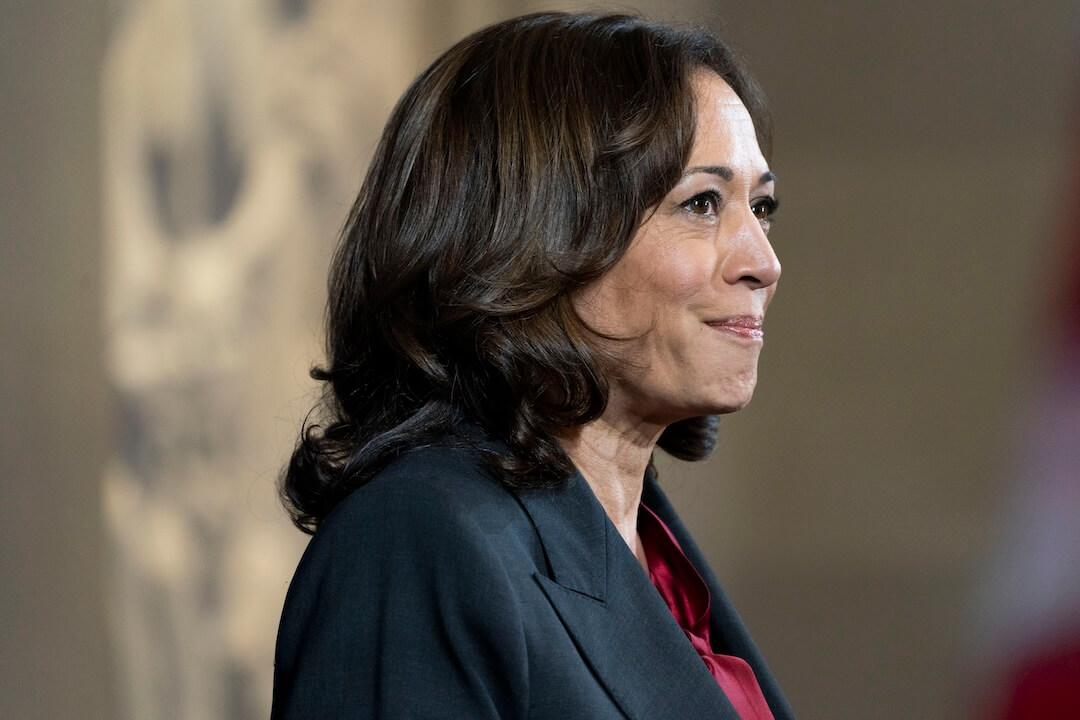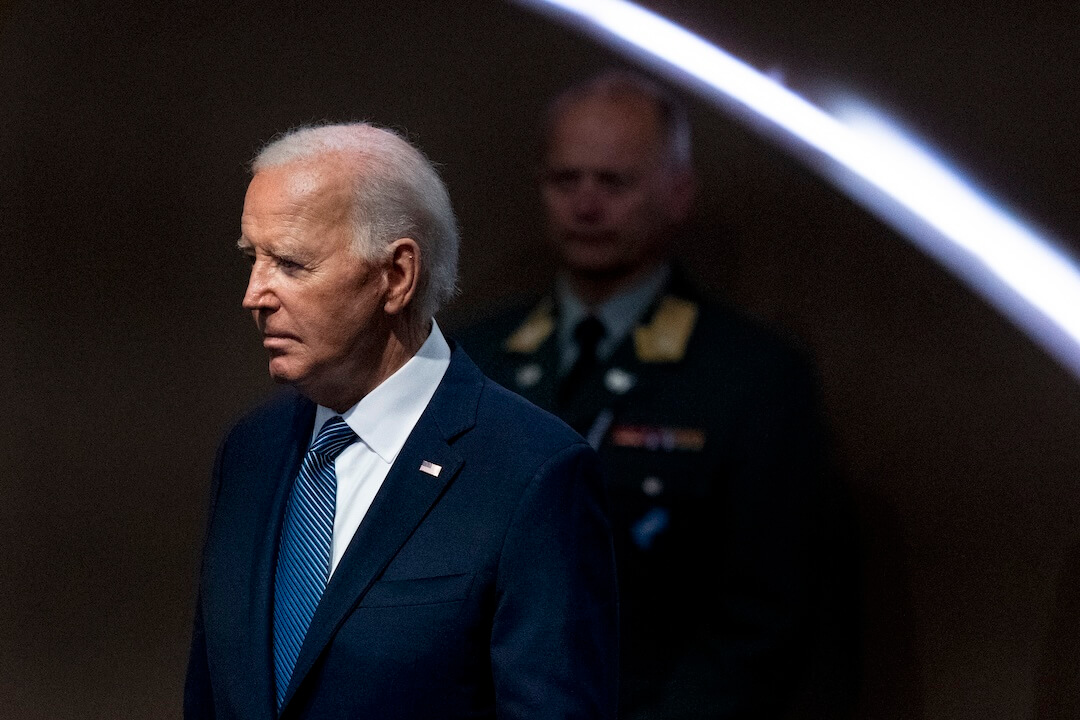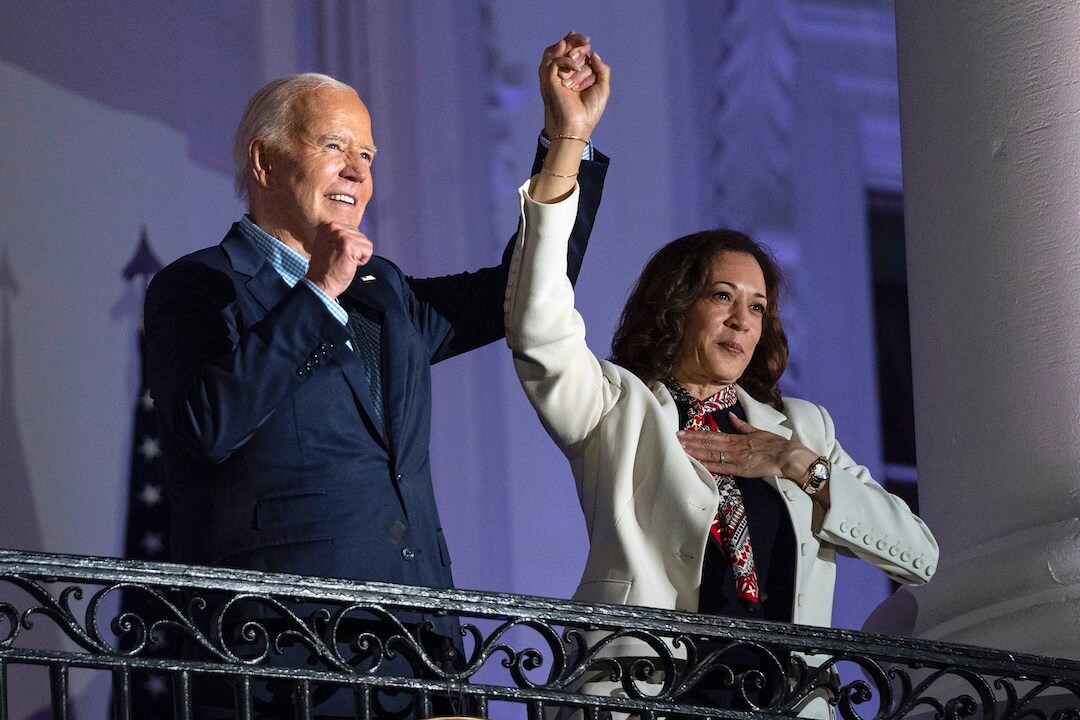Drama at The Washington Post continues.
Robert Winnett, the British editor chosen to take over The Washington Post newsroom, will not take the job after all. The stunning news comes after weeks of controversies surrounding Post leadership, mostly involving Winnett and new publisher and CEO Will Lewis, who hired Winnett after executive editor Sally Buzbee abruptly resigned.
Winnett will stay in his post as deputy editor of The Daily Telegraph. Chris Evans, the top editor at the Telegraph, told staff in a note, “I’m pleased to report that Rob Winnett has decided to stay with us. As you all know, he’s a talented chap and their loss is our gain.”
Lewis confirmed the news in an email to Post staff, writing, “It is with regret that I share with you that Robert Winnett has withdrawn from the position of editor at The Washington Post. Rob has my greatest respect and is an incredibly talented editor and journalist.”
Lewis added that the search to fill Winnett’s opening will begin immediately, writing, “We will soon announce both the recruiting firm and process we will utilize to ensure a timely but thorough search for this important leadership role.”
The Post has been embroiled in a controversy that heated up when Buzbee, the well-respected executive editor, resigned on June 3. Immediately, Lewis announced that the Post would reorganize its newsroom and that Winnett, a former colleague of his, would take over as editor after the November election.
But then a series of stories reported by the Post, The New York Times and NPR raised questions about the journalistic integrity of both Lewis and Winnett.
The Washington Post’s Elahe Izadi and Isaac Stanley-Becker wrote, “A Post investigation published Sunday revealed Winnett’s connections to a confessed con artist turned whistleblower who has admitted using illegal methods to gain information for stories in Britain’s Sunday Times, a paper where Winnett worked before joining the Telegraph. The New York Times also reported that Winnett and Lewis had based some stories on stolen records, and raised new questions about a payment made to obtain information that led to a 2009 investigation into government corruption that shook the British political establishment and led to several officials’ resignations.”
The Post reporters also wrote, “Earlier this month, media reports described attempts by Lewis to dissuade journalists from covering his involvement in a long-running British phone-hacking lawsuit. Lewis has denied attempting to discourage Post journalists from covering the story. NPR journalist David Folkenflik also shared his account of Lewis trying to persuade him to drop a story about the case in exchange for an exclusive story about The Post’s plans; Lewis called Folkenflik ‘an activist, not a journalist.’”
As the stories piled up, reports of low morale and anger at the Post surfaced, and serious questions were raised about whether Lewis and Winnett could lead the paper.
Just this week, David Maraniss, the highly respected Pulitzer Prize-winning reporter and editor at the Post, wrote on Facebook, “I don’t know a single person at the Post who thinks the current situation with the publisher and supposed new editor can stand. There might be a few, but very very few. Jeff Bezos owns the Post but he is not of and for the Post or he would understand. The issue is one of integrity not resistance to change.”
That promoted Scott Higham, a Pulitzer Prize-winning investigative reporter at the Post, to post: “Will Lewis needs to step down for the good of The Post and the public. He has lost the newsroom and will never win it back.”
Although it’s too early to see how this latest news will play out, Winnett’s decision not to take the job could help Lewis stay on as publisher and CEO, especially if his choice to replace Winnett is met with approval among Post staff.
After Buzbee resigned, reportedly because she was unhappy with her new role moving forward, Lewis named a three-person team to run the Post newsroom. Former Wall Street Journal editor-in-chief Matt Murray was brought in immediately to run the newsroom until Winnett took over in November. At that point, Murray was to have switched over to a new division focused on service and social media. David Shipley remained head of the Post’s opinions section, separate from the newsroom. All three were to report to Lewis, who was named publisher and CEO by Post owner Jeff Bezos late last year.
Lewis, as well as the rest of the newly named Post leadership, are white males. That drew criticism from inside and outside the Post for its lack of diversity.
For now, Murray will stay on as editor until after the election, according to Lewis’ email to staff.






